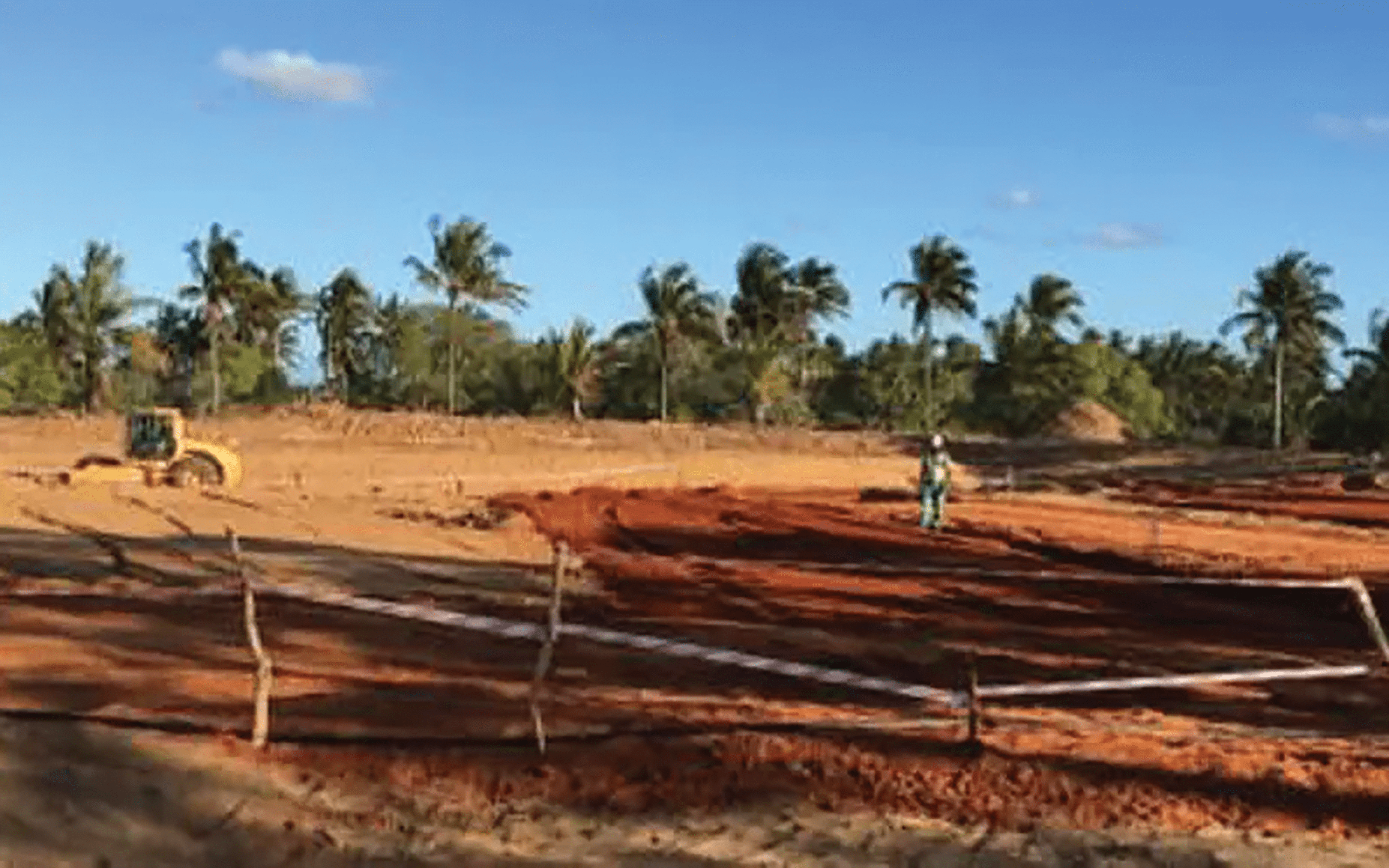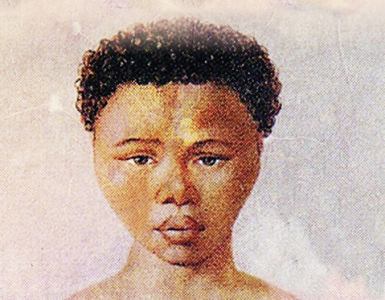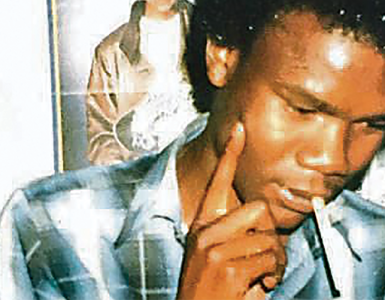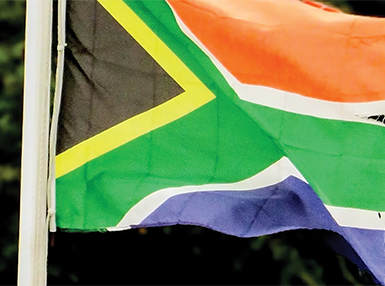RESOURCES: Church group warns the problem could fire up violence if not resolved as a matter of urgency…
By Agnes Aineah
The Catholic Foundation, Denis Hurley Peace Institute (DHPI), has warned that uncontrolled mining in Mozambique may have adverse effects on the environment and locals, and is likely to fire up unrest in the country that is already experiencing violence in Cabo Delgado Province.
In a report shared with ACI Africa, DHPI calls upon the Mozambican authorities to be cautious about the recent transfer of ownership between two graphite mining companies in Balama, a district in Cabo Delgado.
The April 1 transaction reportedly paves way for the acquisition of all the assets of Suni Resources SA by Tirupati Graphite, allowing the latter graphite mining company to be the new “excavator” of the mineral resources.
According to DHPI, the multi-million Euro business has no benefits for indigenous communities and is likely to cause resentment among locals.
The peace entity of the Southern African Catholic Bishops’ Conference (SACBC) has called on the Mozambican government to learn from Tete, where a similar change of mining rights left locals aggrieved.
“The province of Tete, in central Mozambique, is an example of how, if not properly controlled, the mining sector in Mozambique, can turn overnight from a blessing to a curse. The companies and their activities do not benefit local communities throughout the time of extraction,” DHPI says in the April 19 report.
The Catholic peace entity adds, “Even worse is the transfer of business from one company to another without state control, which adds to the risk of the country not retaining the capital gains from these deals. This happened recently in Balama, with the acquisition of all the assets of Suni Resources SA, by Tirupati Graphite, which allows it to be the new ‘excavator’ of the development of the communities of Balama.”
In Tete, the Brazilian company Vale mined coal for more than a decade.
DHPI reports that when Vale left Mozambique after several years of success, it sold its entire structure to the Indian company Vulcan Minerals, undertaking to compensate the affected communities, which did not happen.
“In Balama and Montepuez, in the province of Cabo Delgado, history is repeating itself,” DHPI says, adding that UK-based Tirupati Graphite, established in 2017, has successfully acquired Suni Resources SA.
The acquisition includes all assets, infrastructure, permits, licenses, and intellectual property previously owned by Suni Resources SA.
The total value of the operation is estimated at R226 million, to be paid in a combination of about R27 million in cash and R199 million in shares of approximately 50 cents.
“No one knows for sure how much of that goes to the state coffers and what are the benefits of the communities where the project is located,” DHPI says. According to the peace entity of SACBC, Suni Resources started drilling at the project site in December 2014 and completed the conceptual study in February 2016.
The Catholic peace entity states that the population, which relied on the use of natural resources such as firewood, planting, and hunting, in the area that had been marked for mining was suddenly stripped of the essentials for survival.
Further, the population had to put up with the high risk of contamination from surface and stormwater, contamination of groundwater, as well as the destruction of biodiversity owing to the mining activities.
Further, locals who give their services to international mining companies are dissatisfied with the work as they are mostly ill-paid, DHPI says.
The peace entity, which is researching the evolution of conflicts in Mozambique, Nigeria, and the Democratic Republic of Congo (DRC), among other African countries has in the past, linked the protracted violence in Mozambique to the scramble for the African country’s rich mineral deposits, including coal and graphite.
Mozambique has been listed as the second-largest graphite producer in the world. The mining area covering Balama and Montepuez in Cabo Delgado has more than 12 million tons of graphite, and could eventually supply 8 percent of global demand.
Graphite mined in Cabo Delgado supplies companies producing electric cars, such as Tesla, DHPI says in the April 19 report, and adds, “However, the workers are permanently dissatisfied with the conditions and wages.”
Meanwhile, locals in Cabo Delgado Province have raised questions concerning the protection of economic interests of senior government officials even as civilians continue to be harassed by militants in the embattled Mozambican region.
Sources who spoke to the DHPI expressed their bafflement that mineral companies in Cabo Delgado, which are allegedly owned by powerful government officials continue to thrive amid killings, abductions and displacements of innocent civilians.
The sources make reference to Montepuez Ruby Mining (MRM), a company that operates rubies in Northern Mozambique, which has announced that it will increase its production from 200 tons per hour to 400 tons, in an operation budgeted at approximately R1 billion. – ACI Africa News Agency
Published on the 95th Edition





























